The Prime Minister directed immediate solutions with the requirement that there will be no power shortage for production, business and consumption from now until May 25.
On the evening of May 18, Prime Minister Pham Minh Chinh chaired a meeting of the Government Standing Committee with ministries and branches on immediate solutions to ensure electricity demand for production, business and consumption. The meeting took place in the context of the whole country entering the hot season, water levels in many hydroelectric reservoirs have dropped to alarming levels, affecting the supply of sufficient electricity for daily life and production and business.
By the end of 2022, the total power capacity of the entire system will be about 77,800 MW, an increase of nearly 1,400 MW compared to 2021. With this level, the Government leader believes that the capacity of current power sources meets total demand, with no shortage in the long term.
However, there may be a short-term and localized shortage of electricity supply from now until May 25 due to the severe heat and high demand for electricity. Meanwhile, drought has reduced the amount of water in hydroelectric reservoirs, slowing down coal imports from Indonesia, failing to meet the requirements of thermal power plants.
The Prime Minister directed immediate solutions with the requirement that from now until May 25, there will be no power shortage for production, business and consumption.
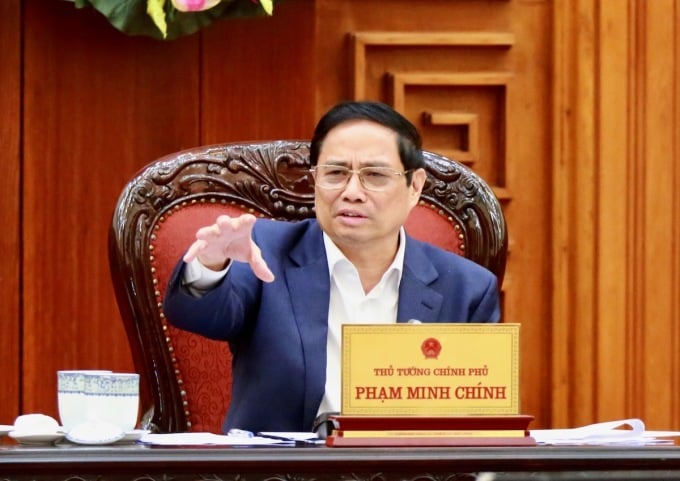
Prime Minister Pham Minh Chinh gives instructions at a meeting on electricity supply on the afternoon of May 19. Photo: VGP
Accordingly, the Government leader requested the Vietnam National Coal and Mineral Industries Group (TKV) and the Dong Bac Corporation to fully supply coal to domestic coal-fired thermal power plants, "providing as much as needed".
Power plants using imported coal have implemented measures to borrow, borrow, buy back, and advance coal from other plants.
Vietnam Oil and Gas Group (PVN) is assigned to ensure the supply of gas and oil for gas and oil power plants.
Vietnam Electricity Group (EVN) is required to exploit hydropower resources to the maximum until the appropriate time and negotiate provisional prices with renewable power projects (wind and solar power) to mobilize this source to the grid.
The Prime Minister assigned Deputy Minister of Industry and Trade Dang Hoang An to directly direct and guide EVN in implementing solutions to operate the power system, ensure electricity supply, and prevent power shortages.
On the same day, at the press conference of the Ministry of Industry and Trade , Mr. Tran Viet Hoa, Director of the Electricity Regulatory Authority (Ministry of Industry and Trade) also cited data from the Vietnam Electricity Group, saying that as of May 12, 13 large hydropower reservoirs had reached or were near dead water level. Most of the remaining hydropower reservoirs had water levels much lower than those specified in the Reservoir and Inter-Reservoir Regulation Procedures.
EVN's previous calculations show that if extreme situations occur and water levels in regional hydroelectric reservoirs drop sharply, the North is at risk of lacking 1,600-4,900 MW of electricity in May and June.
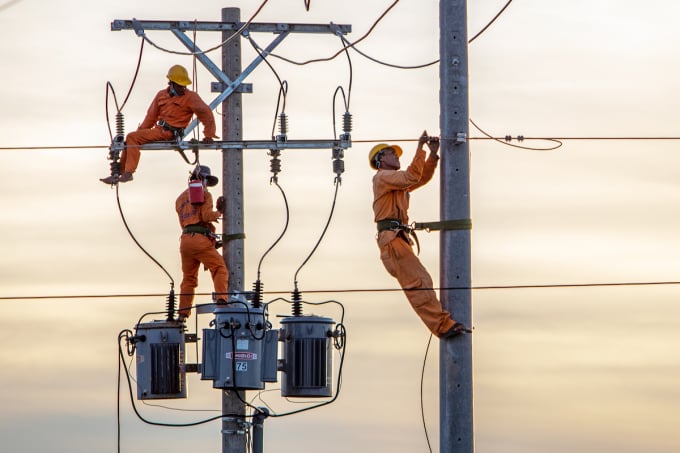
Electricity workers maintain the national power grid in Long Dien commune, Dong Hai district, Bac Lieu province. Photo: Nguyet Nhi
Regarding the mobilization of transitional renewable energy projects, Mr. Hoa said that the Ministry has agreed on temporary prices with 8 wind and solar power plants based on negotiations between EVN and investors. When fully meeting the regulations, these plants will be able to mobilize electricity to the national grid.
Currently, 84 renewable energy projects (capacity of more than 4,600 MW) are behind schedule in commercial operation compared to the plan. Of these, 34 transitional projects (28 wind power projects, 6 solar projects) with a total capacity of nearly 2,100 MW have completed construction and testing.
These projects will not enjoy preferential prices (FIT prices) for 20 years and must negotiate electricity prices with Vietnam Electricity Group (EVN) according to the electricity generation price framework issued by the Ministry of Industry and Trade earlier this year, with prices 20-30% lower than before.
However, investors and EVN have recently encountered difficulties in negotiations because there has been no detailed guidance on pricing methods from the Ministry of Industry and Trade. Faced with this reality, Deputy Prime Minister Tran Hong Ha requested the Ministry of Industry and Trade to soon amend regulations and provide specific guidance on pricing methods and negotiations for transitional wind and solar power. Pricing methods can be further studied, for example, similar to the BT transport project, that is, independent auditing and agreement on acceptable profit levels for the project, to ensure investment motivation for businesses.
Source link



![[Photo] National Assembly Chairman Tran Thanh Man holds talks with Hungarian National Assembly Chairman Kover Laszlo](https://vphoto.vietnam.vn/thumb/1200x675/vietnam/resource/IMAGE/2025/10/20/1760952711347_ndo_br_bnd-1603-jpg.webp)
![[Photo] Prime Minister Pham Minh Chinh meets with Speaker of the Hungarian National Assembly Kover Laszlo](https://vphoto.vietnam.vn/thumb/1200x675/vietnam/resource/IMAGE/2025/10/20/1760970413415_dsc-8111-jpg.webp)
![[Photo] Solemn opening of the 10th Session, 15th National Assembly](https://vphoto.vietnam.vn/thumb/1200x675/vietnam/resource/IMAGE/2025/10/20/1760937111622_ndo_br_1-202-jpg.webp)
![[Photo] Chairman of the Hungarian Parliament visits President Ho Chi Minh's Mausoleum](https://vphoto.vietnam.vn/thumb/1200x675/vietnam/resource/IMAGE/2025/10/20/1760941009023_ndo_br_hungary-jpg.webp)
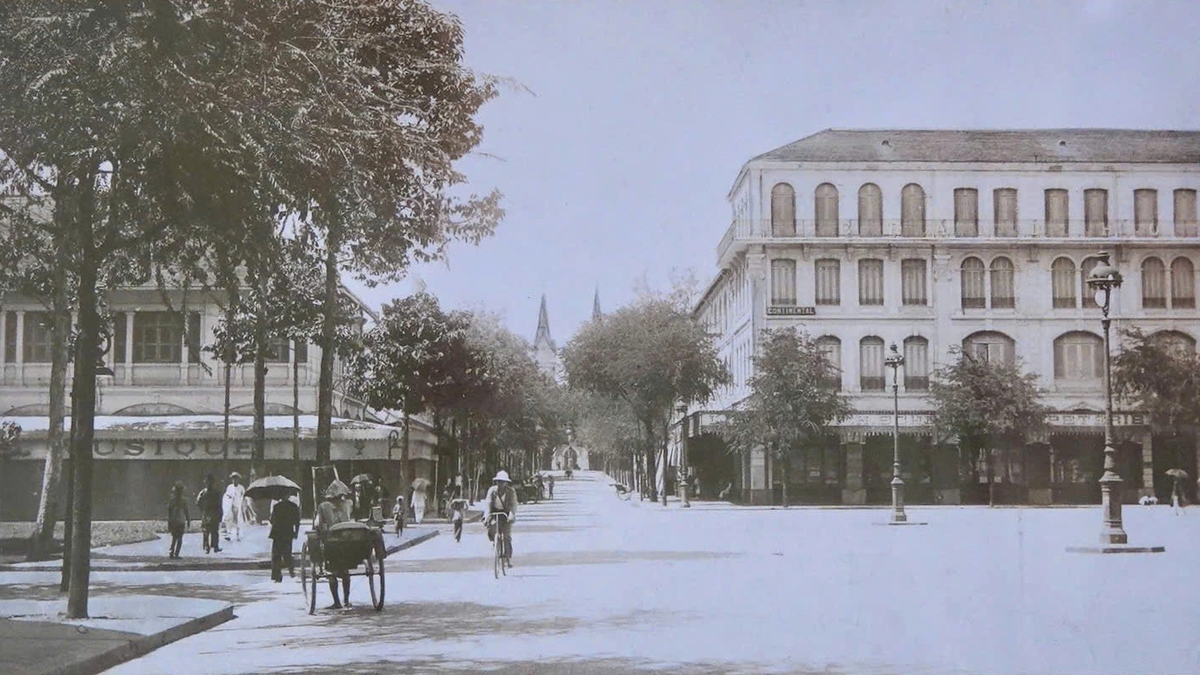
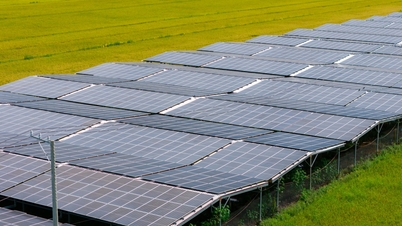

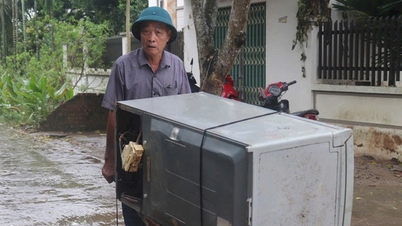



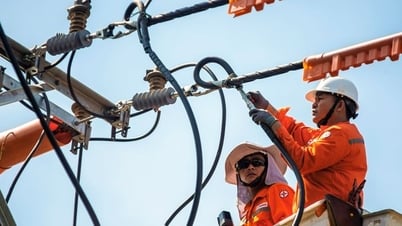

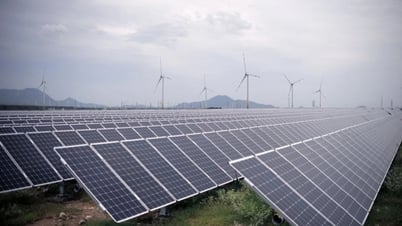

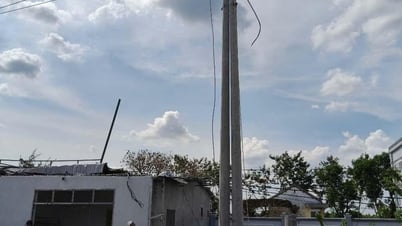

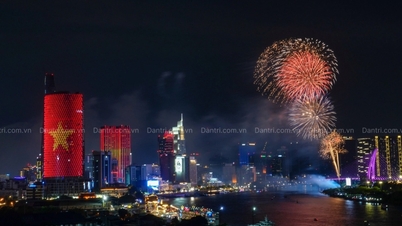


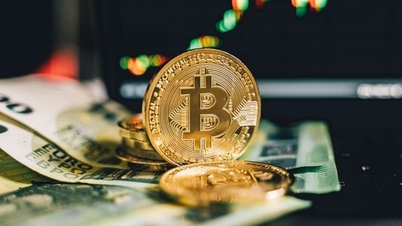

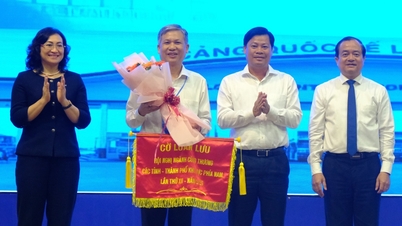


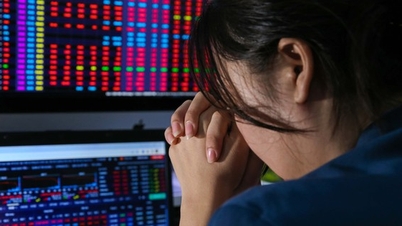










![[Photo] The Steering Committee of the 2025 Fall Fair checks the progress of the organization](https://vphoto.vietnam.vn/thumb/1200x675/vietnam/resource/IMAGE/2025/10/20/1760918203241_nam-5371-jpg.webp)


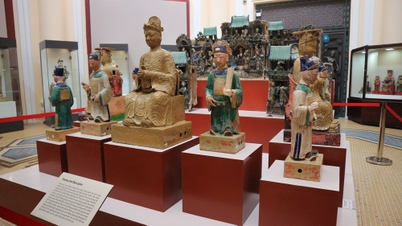




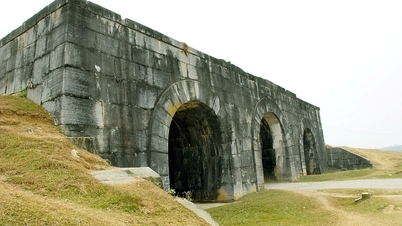




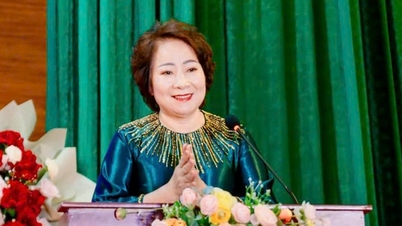







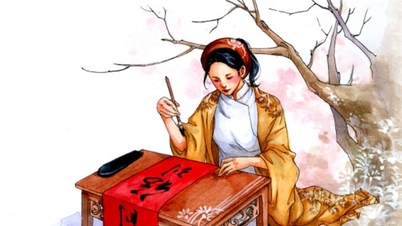


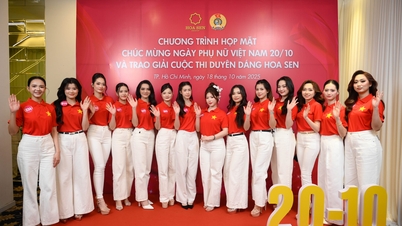

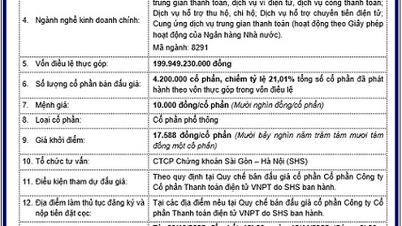
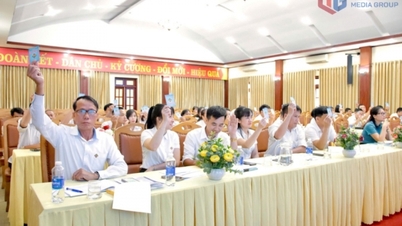

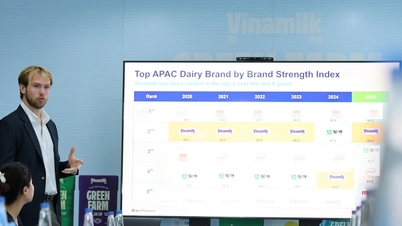

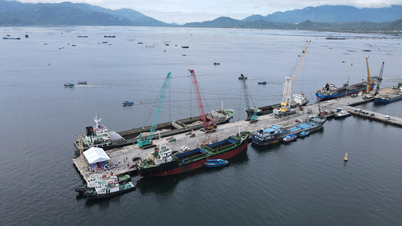







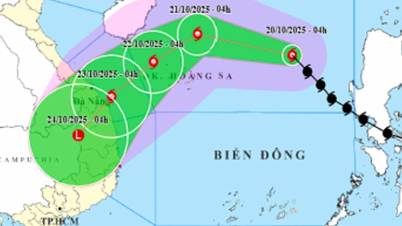

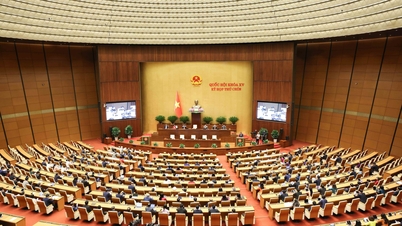
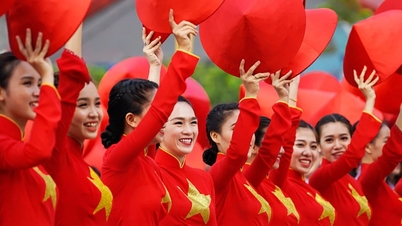

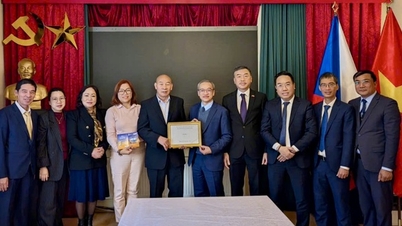

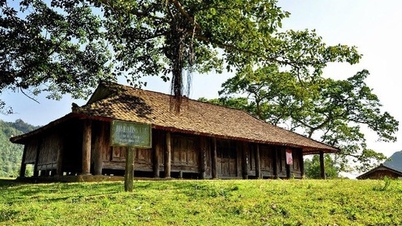
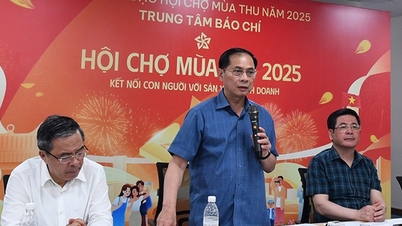
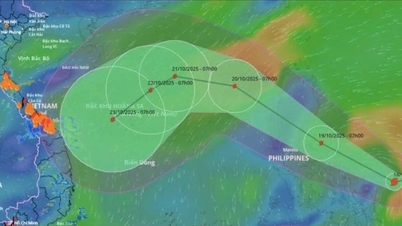



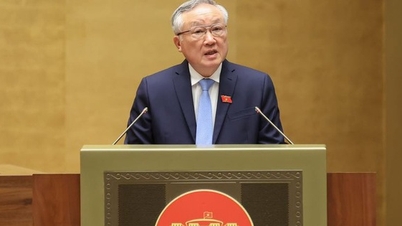
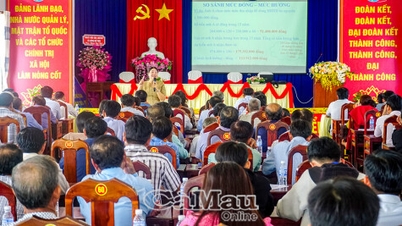



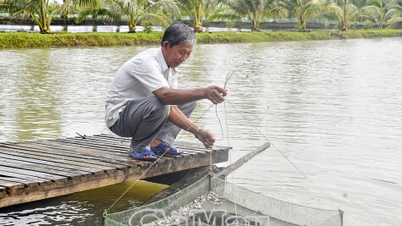
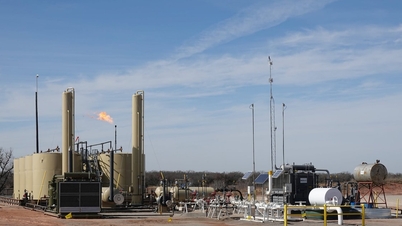

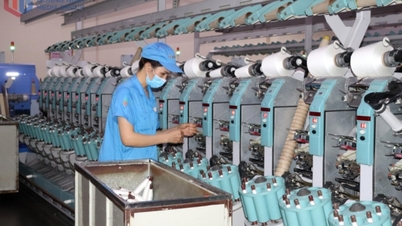














Comment (0)